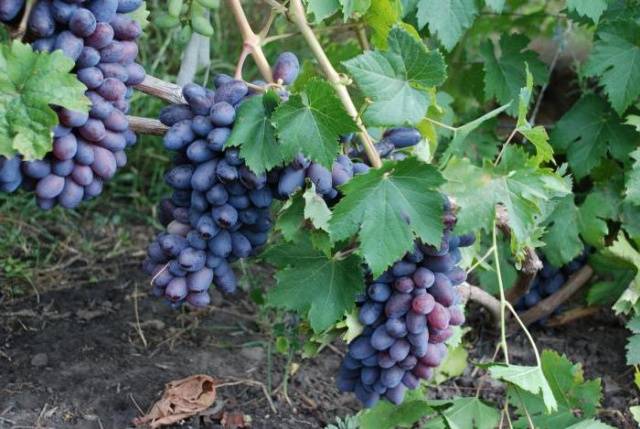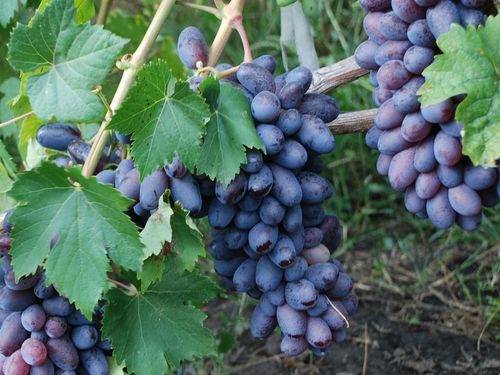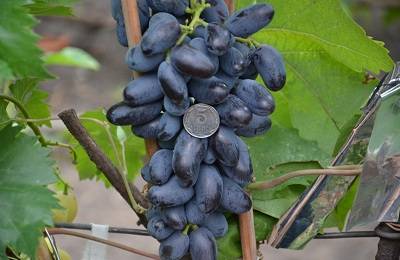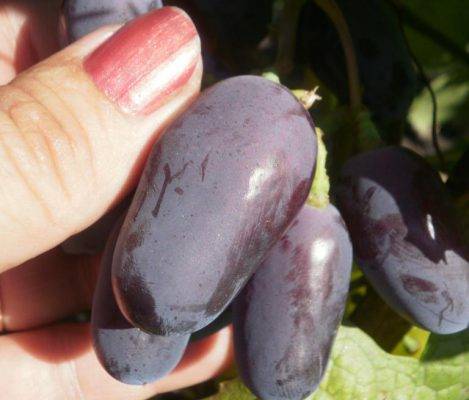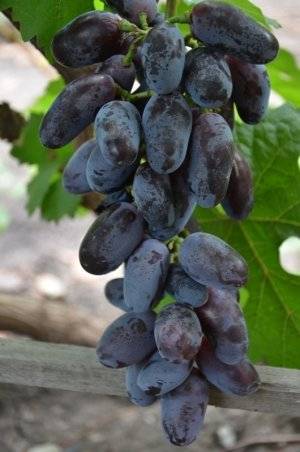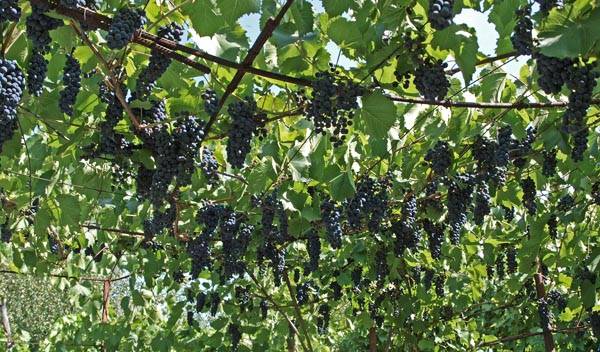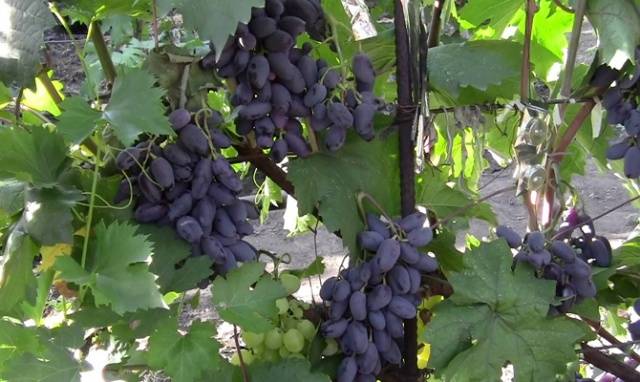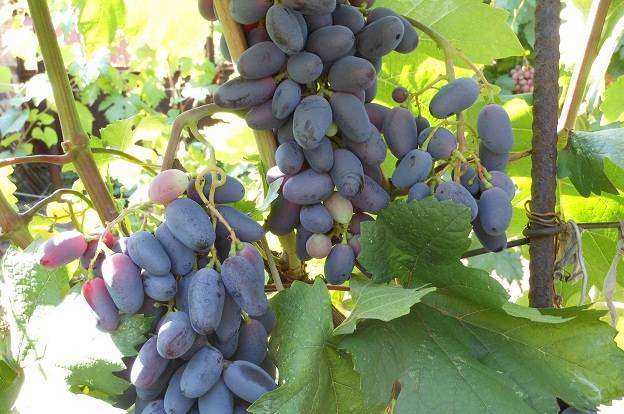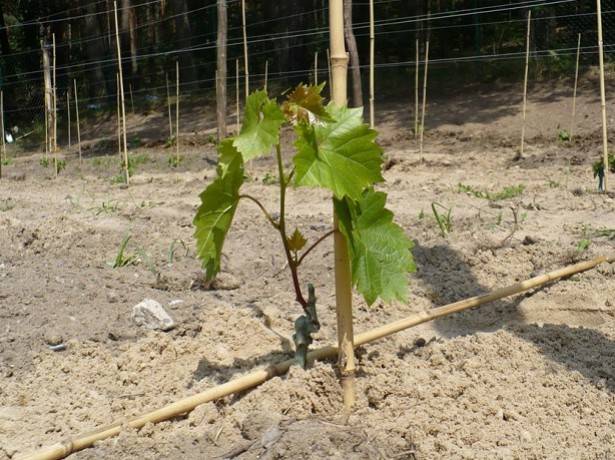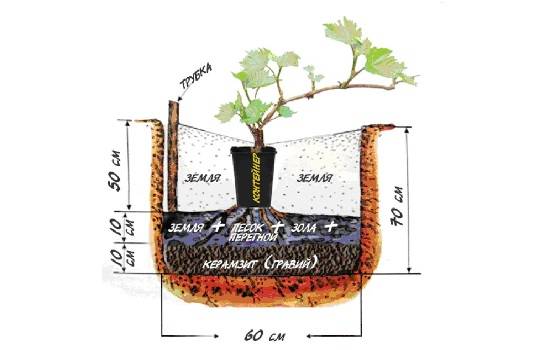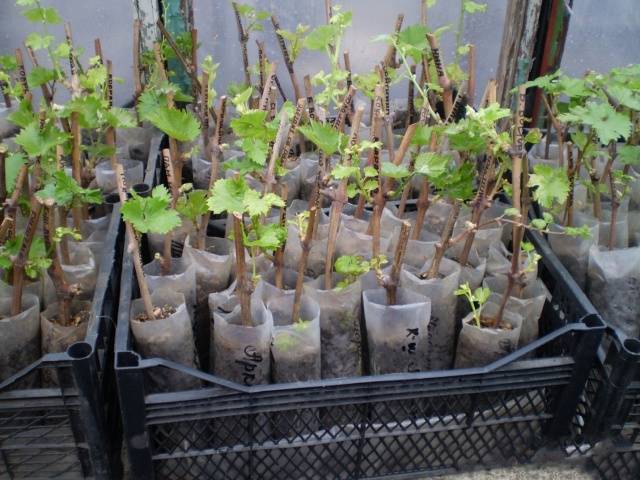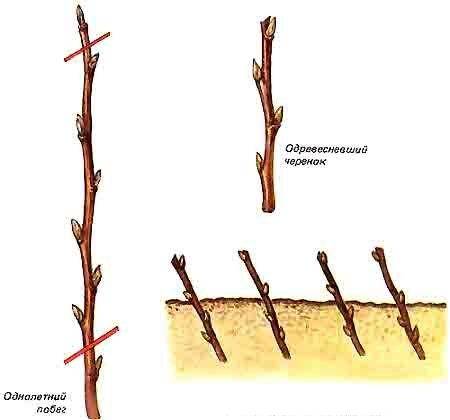Content
The vine is a child of the Earth and the Sun. Its berries are filled with life-giving power that is available to humans. According to legend, yellow grapes absorb the energy of daylight, red grapes symbolize morning dawn, dark blue and black berries hide the secret of the southern night. You can reveal this very secret by tasting the fruits of the magnificent Baikonur variety. It is one of the most promising new products on the market and has already won many admirers and admirers today. Its popularity and demand is due to its excellent marketable, gustatory and agrotechnical qualities. All the most relevant and useful information about this unique variety can be found further in the proposed article.
Advantages of the variety
Man 7 thousand years ago domesticated grapes. During this time, a huge number of different varieties of this plant have appeared, but the best of them can be safely called the Baikonur grape. Its creator is an amateur breeder Pavlovsky E.G. The variety was obtained by crossing two famous progenitors: "Beauty" and "Talisman" grapes. The resulting variety has absorbed the best qualities of its ancestors. So, among its advantages it should be noted:
- early ripening of grapes;
- excellent, harmonious berry taste;
- high resistance to weather "cataclysms" and some diseases;
- excellent commercial qualities, size of berries and bunches, resistance to cracking and falling off;
- suitability for transportation and the possibility of long-term storage;
- high productivity;
- lack of peas (does not form small berries);
- good resistance to freezing.
The Baikonur variety was bred relatively recently: only in 2012 it became available to the ordinary gardener. At the same time, the cost of the novelty was sometimes several times higher than the price of other varieties of this culture, so the seedlings were bought with caution and some distrust. Today many farmers know about the Baikonur variety. Only good comments and praise for this grape can be heard from their lips. For those who are not yet familiar with the culture, we will try to give a detailed description of the Baikonur variety, a photo of the grapes and reviews about it.
Features of berries
An experienced specialist will be able to distinguish berries of the "Baikonur" variety both "by eye" and by taste. The dark purple and sometimes even black berries are very large, cylindrical in shape. The weight of each of them varies from 14 to 18 g. The length of cylindrical fruits in some cases reaches 40 mm. These giant berries are collected in lush and amazingly beautiful bunches weighing up to 700 g. Such magnificent grapes always amaze with their appearance and make you want to taste it.
Berries of grapes "Baikonur" are characterized by a fairly dense pulp and thin, delicate skin. But despite its delicacy, the skin of the grapes is resistant to cracking and retains its integrity even in the rainy season. The berry pulp has a delicate fruity aroma. There are no notes of nutmeg in the taste of the fruit.
Among all the characteristics, the "calling card" of the "Baikonur" variety is the sweetness of the fruit: large grapes, even in the season of heavy rains, accumulate about 20% of sugar. The acidity of berries during ripening can be about 7%, but during storage the grapes almost completely get rid of acid.The high sugar content makes the variety indispensable in winemaking, because there is no need to artificially increase the sugar level when using the Baikonur variety.
Baikonur grapes retain their excellent appearance and taste not only at the stage of ripening, but also after harvest. Ripe berries, regardless of weather conditions, do not fall off, but patiently wait for cutting. The collected bunches of grapes can be stored in a cool room or used for making wine, jam. If necessary, the crop can be safely transported over long distances. Analyzing the description of the "Baikonur" grapes, we can safely conclude that this variety is best suited in terms of its properties, not only for consumption within one family, but also for cultivation with the aim of subsequent sale.
Description of the vineyard
It is rather difficult to describe in detail the grapes of the "Baikonur" variety, since today only studies are underway to determine one or another parameter. In general, when describing the Baikonur grapes, one has to rely on the observations and reviews of those winegrowers who have been growing this wonderful plant in their garden for several years and the data provided by the author of this Baikonur variety.
The grape variety "Baikonur" is a vigorous shrub that can be grown in its own rooted form or by rootstock. In both cases, the plant actively grows powerful green shoots and bears fruit well. It is possible to inoculate grapes of the "Baikonur" variety on any grape vine, with the exception of the "Rumba" variety.
The grape vine "Baikonur" ripens in one summer season. Young shoots already at the age of 2-3 years rise to a height of 3-4 m. A huge shrub always pleases the eye with rich green, juicy greenery. The root system well nourishes not only the lower, but also the uppermost leaves of the plant.
Flowering grapes and fruiting period
The flowering of the "Baikonur" vine always proceeds actively and fully: the flowers of the plant are bisexual, pollinated without problems. Already after 105-115 days from the beginning of the growing season, you can taste the first grapes of this variety. Under favorable weather conditions, the first harvest period is at the end of July. In general, the ripening period of the bunches continues until late autumn.
The weight of the first ripening bunches is small and can be only 500 g. Later bunches of grapes with their weight can reach 700, and sometimes even 1000 g. The yield of grapes "Baikonur" depends directly on the growing conditions and, in particular, on the intensity of watering the plants. When observing especially large, poured bunches, you need to take care of installing additional supports that will remove excessive stress from the vine.
Growing features
The vigorous and lush Baikonur grape must be grown on a sunny plot of land where there are no drafts and no access to cold northerly winds. It is preferable to plant shrubs on the south or southwest side of the site. Artificial wind protection can be provided if necessary. This can be a wall of a building, a fence, or a tall tree.
To grow the Baikonur variety, you need to prepare the soil. This grape prefers light and nutritious soils. In addition to the necessary substances and moisture, the roots of the plant must have access to oxygen. You can get the most suitable substrate for the culture as follows:
- In heavy clay soils, you need to add sand, manure, peat. As a drainage, a certain amount of expanded clay, gravel or pieces of broken brick should be placed in the soil.
- The fertility of sandy soils should be increased with the help of manure, peat.
- Saline soils must be washed before planting grapes. To do this, in the autumn period, abundant watering of the land is carried out and groundwater is diverted from the landing site using a complex of drainage elements.
- Unfortunately, it will not be possible to grow Baikonur grapes on swampy soils. If urgently needed, swampy areas of the soil can be drained by providing a drainage system.
Having chosen a suitable place on the site, you can start planting grapes. To do this, you can use cuttings or already grown seedlings. The soil on the seat must be deeply loosened. The planting and loosening depth largely depends on the characteristics of the growing region:
- the deeper the roots of the seedling are, the less likely the plant will freeze out in winter;
- deep roots have better access to underground moisture.
Considering these features, the following planting depths can be recommended:
- In the southern regions, it is enough to make a planting pit 50-55 cm deep.
- In regions with a high probability of severe winter frosts, increase the depth of the planting pit to 60-70 cm.
- In the northern part of the country, it is recommended to plant Baikonur saplings at a depth of 80 cm.
- In arid regions, the roots of the seedling should be placed as deep as possible.
Such recommendations will allow you to preserve the vineyard in the winter, regardless of the "surprises" of the weather. In general, the Baikonur grape variety is winter-hardy in terms of its characteristics and successfully tolerates winter temperatures down to -230FROM.
You need to dig a planting hole slightly below the recommended depth, since 15-20 cm of the bottom of the hole needs to be filled with drainage material and a nutritious substrate. A small hill is formed from humus or peat, which is lightly sprinkled with turf soil. On the resulting hill inside the pit, you need to put a seedling and spread its roots. The remaining volume of the pit must be filled with turf soil with the addition of peat, sand and superphosphate (ash). After the planting site is half filled with soil, you need to water the plant abundantly. When the water is absorbed deep into the ground, you can pour the remaining soil into the hole, keeping only 2-3 eyes above ground level.
As the grapes grow, the soil will need to be added to the planting pit.
Varietal grapes from cuttings
Grapes of the "Baikonur" variety reproduce without any problems by cuttings, so if a neighbor has a varietal vine, you can ask for a piece for cultivation in your garden. A good grape stalk is a piece of a mature vine with 3-4 eyes and internodes, 7-10 cm long. The stalk can be germinated in the gentle conditions of a greenhouse or by planting directly into the ground. It is recommended to plant a grape cut "Baikonur" in the ground in early spring or autumn, but the second option significantly reduces the probability of plant survival.
The grape stalk must be prepared:
- Trim the bottom edge obliquely at a distance of 5-10 mm from the eye.
- Cut the upper edge of the cutting horizontally 3 cm above the peephole.
- In the lower part of the cutting, make small vertical cuts (grooves), which will allow the grapes to take root faster.
- The lower edge of the cuttings with grooves should be dipped in "Kornevin" or kept in a solution of a root growth stimulator for several hours.
- Dig the grape cuttings with the ground, tilting them by 450.
- Young saplings of grapes "Baikonur" for the winter should be covered with foliage, straw, spruce legs.
Such a simple method of propagation of Baikonur grapes is the most accessible for winegrowers, since there is no need to buy expensive seedlings. Its main disadvantage is the low survival rate of cuttings.
Conclusion
The Baikonur grape variety can be safely called the best among other grape varieties. Its berries are extremely tasty and aromatic. Their appearance will not leave anyone indifferent, because large, juicy, fleshy fruits just ask to be eaten. The good yield of the Baikonur variety and the high sugar content in the fruits allow not only to enjoy fresh berries, but also to prepare jam and natural grape wine for the winter. Thus, the Baikonur vineyard can become a lush green decoration of any garden, an excellent treat for children and a godsend for winemakers.
